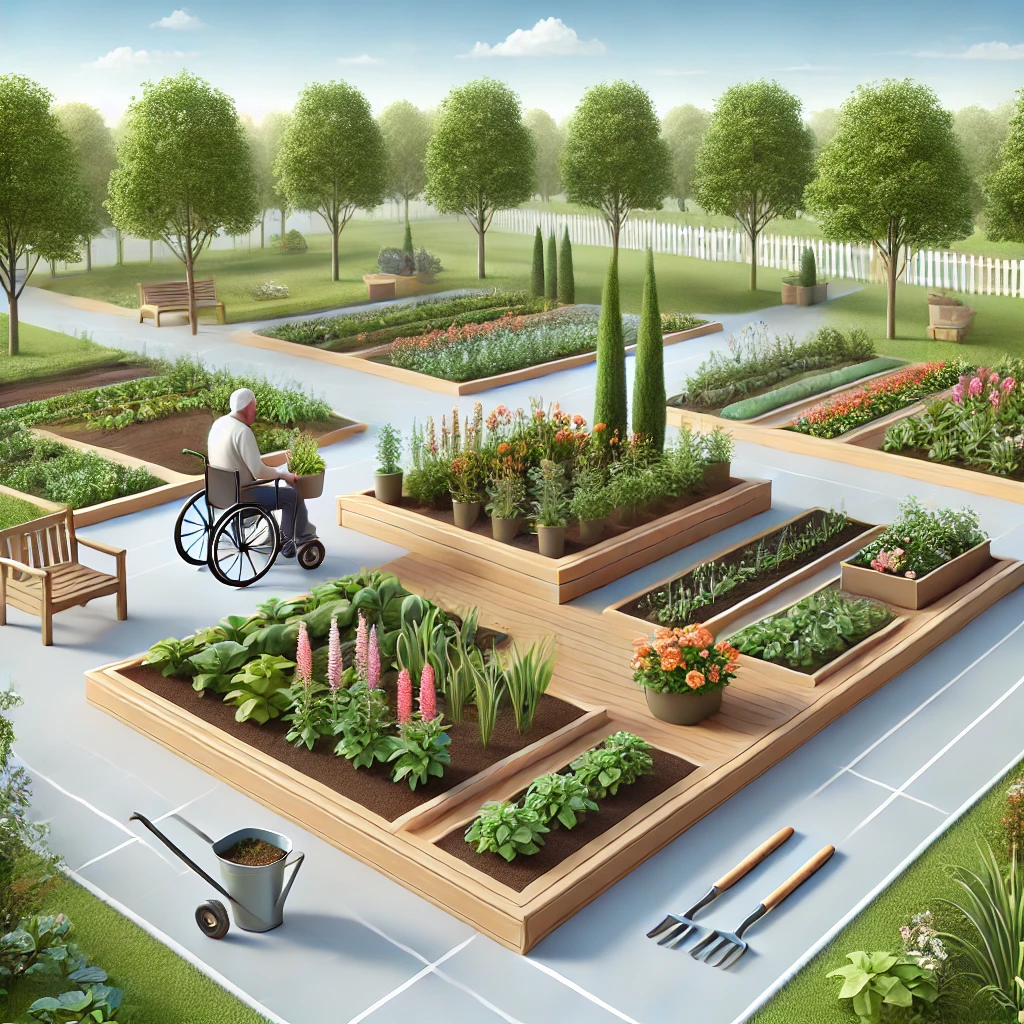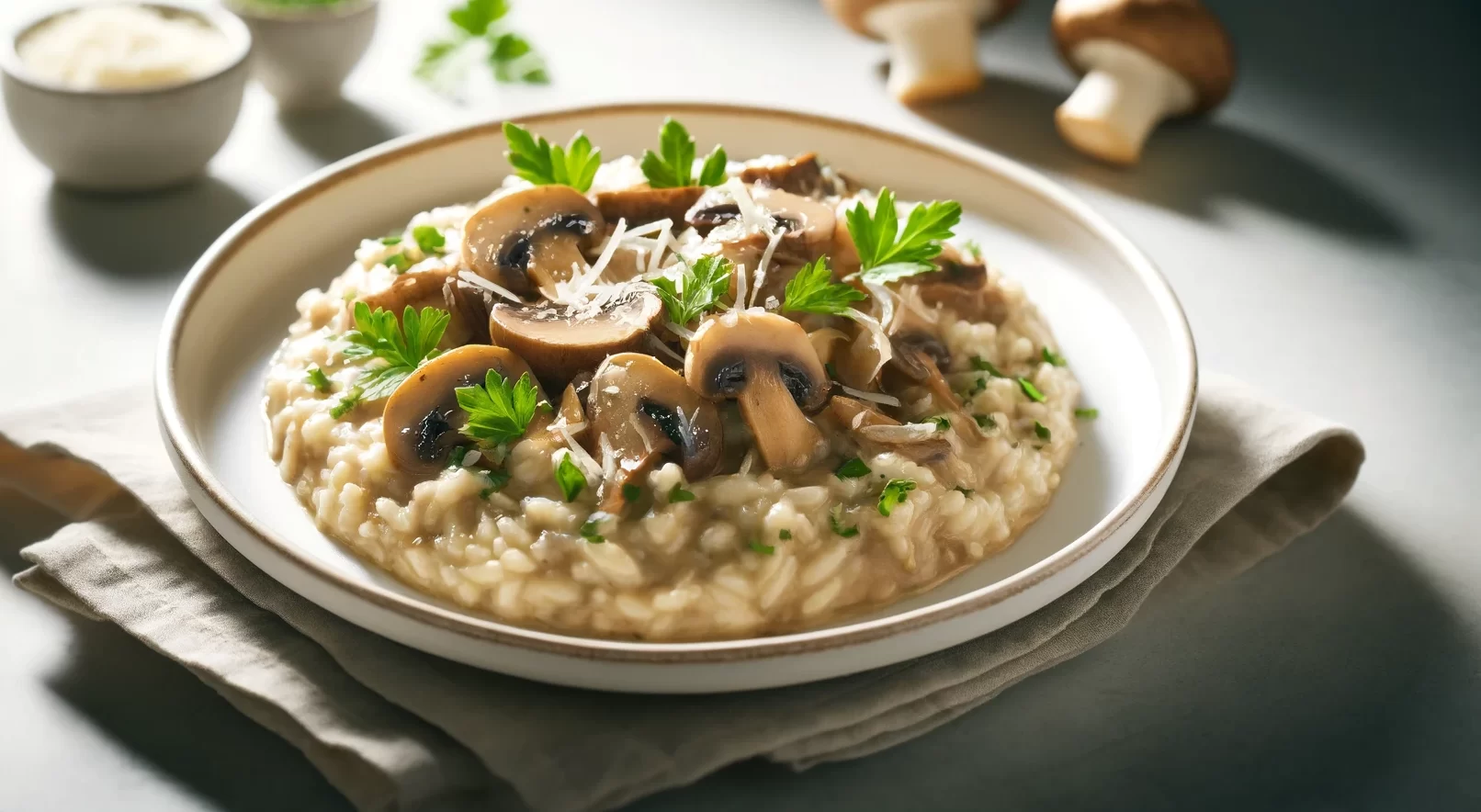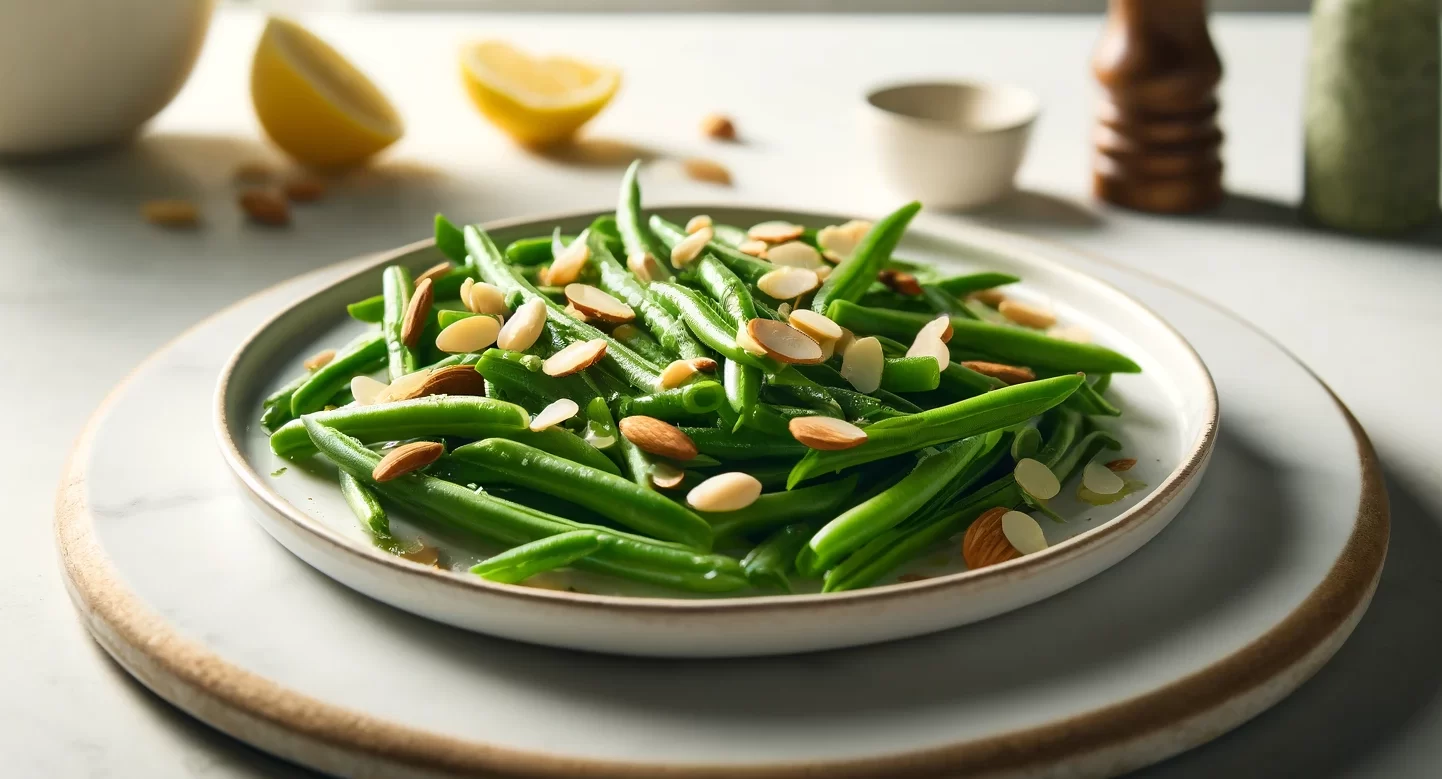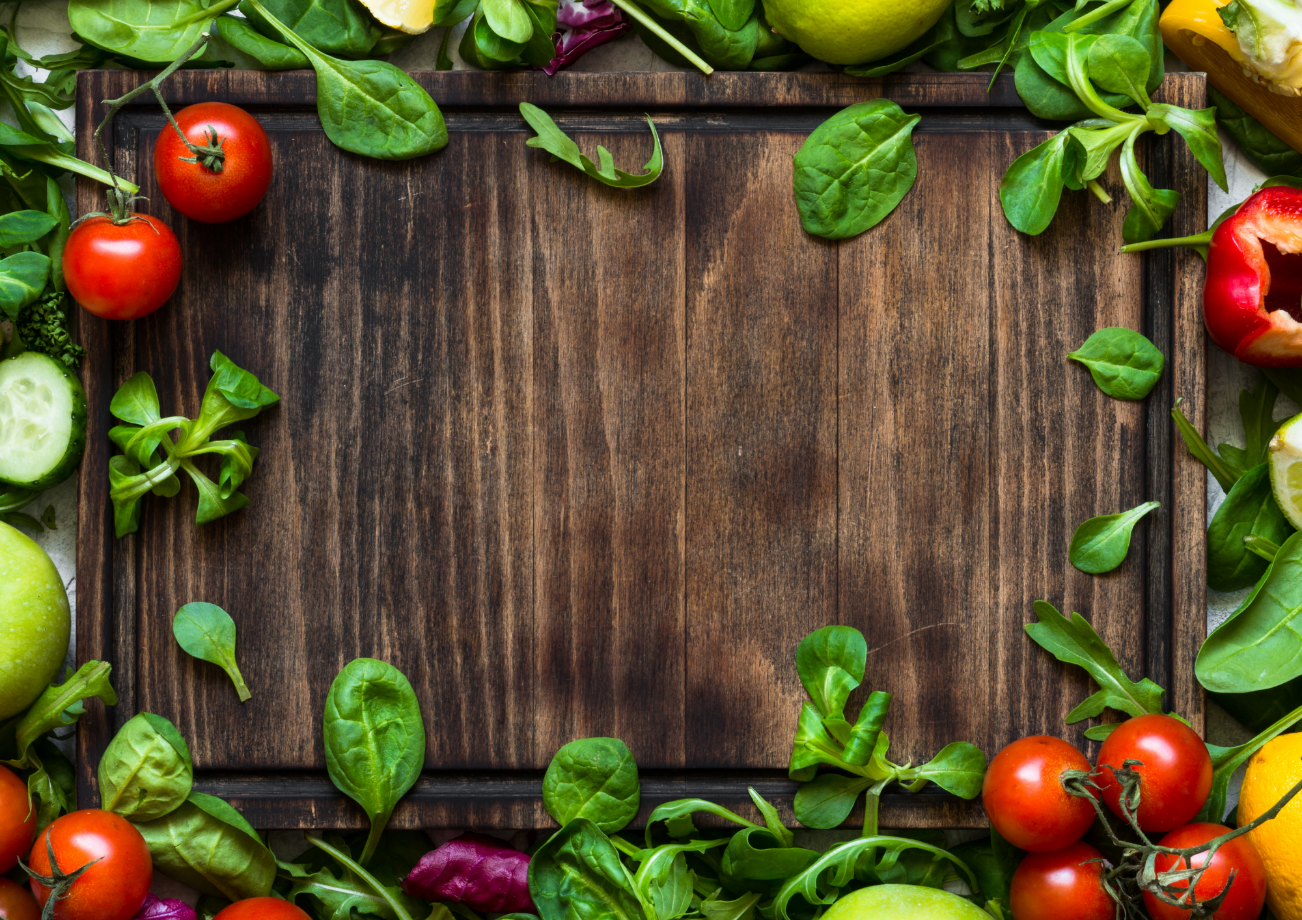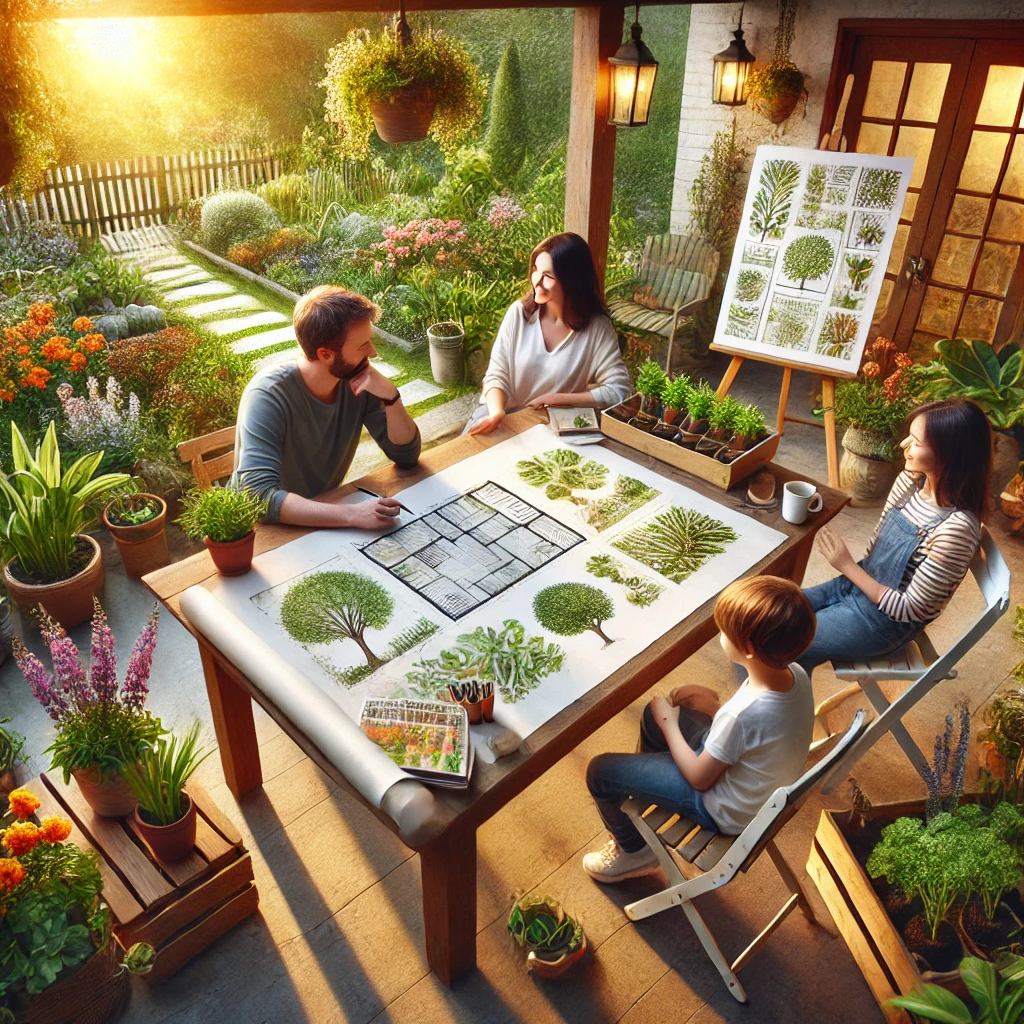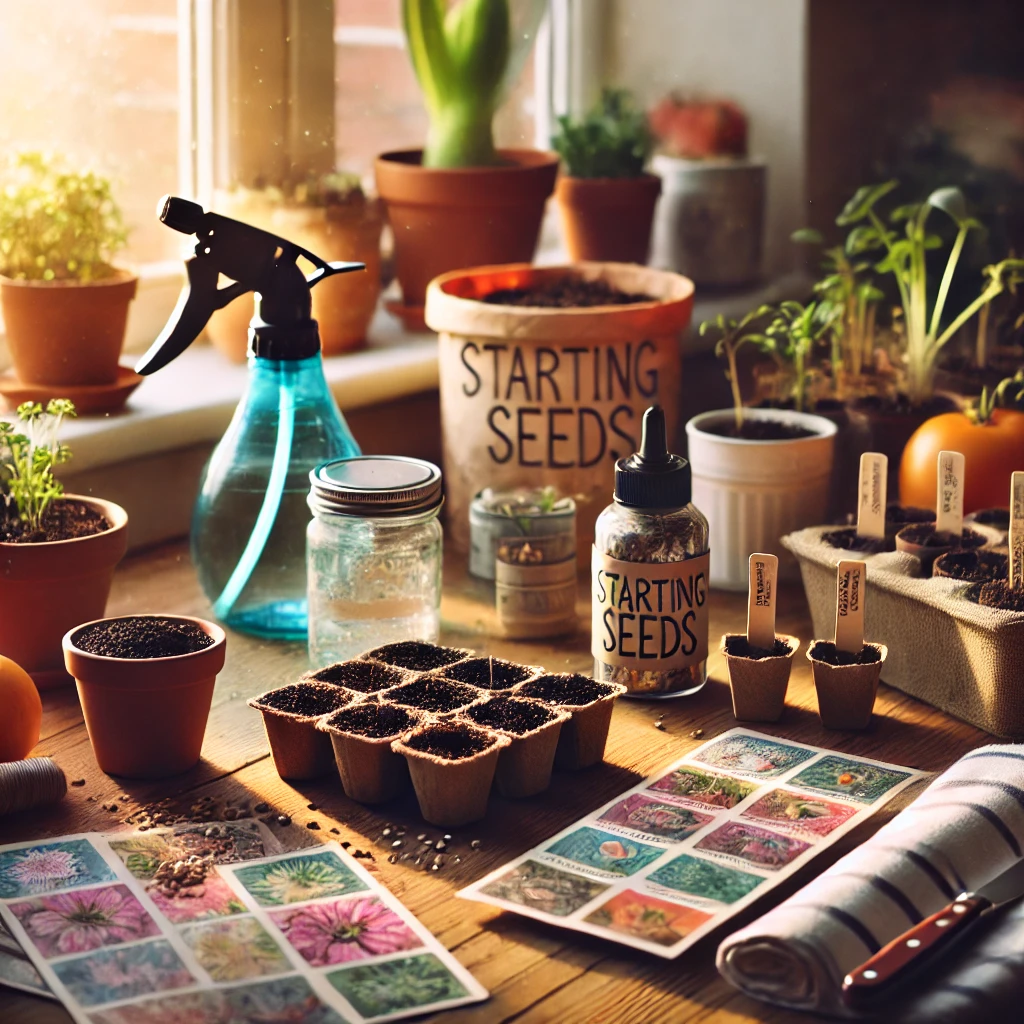Gardening, often seen as a leisurely activity for plant enthusiasts, has grown roots deep within the realm of therapeutic practices. As a devoted gardener, parent, and health professional, I’ve witnessed first-hand the restorative power that gardening wields. Amidst the hustle of life, it offers a sanctuary for mental reprieve and emotional growth. Let’s dig into the fertile ground of gardening and unearth the mental health benefits it provides, cultivating a sense of well-being with every seed sown and every plant nurtured.
Sowing Seeds of Serenity: Gardening as a Stress Reliever
Gardening, often perceived as a humble act of tending to plants, is in truth a powerful stress reliever, offering a tranquil refuge from the whirlwind of daily life. Immersing oneself in the garden, hands in the earth, and nurturing seeds into full bloom can be an incredibly calming experience. The simple tasks of digging, planting, and watering are meditative acts that foster a sense of peace and tranquility. As a healthcare professional, I’ve observed the therapeutic effects of gardening firsthand. It has the uncanny ability to soothe a busy mind, providing a much-needed break from the screen-laden, fast-paced world we inhabit.
Research supports this, showing that the act of gardening can significantly lower stress levels, measured by a decrease in cortisol, which is often referred to as the stress hormone. This natural form of stress management can improve overall well-being, offering an escape that is both productive and relaxing. Gardening encourages us to take a step back, breathe in the fresh air, and focus on the rhythmic nature of the tasks at hand. This immersion in the moment can act as a reset button, reducing stress and instilling a sense of serene contentment.
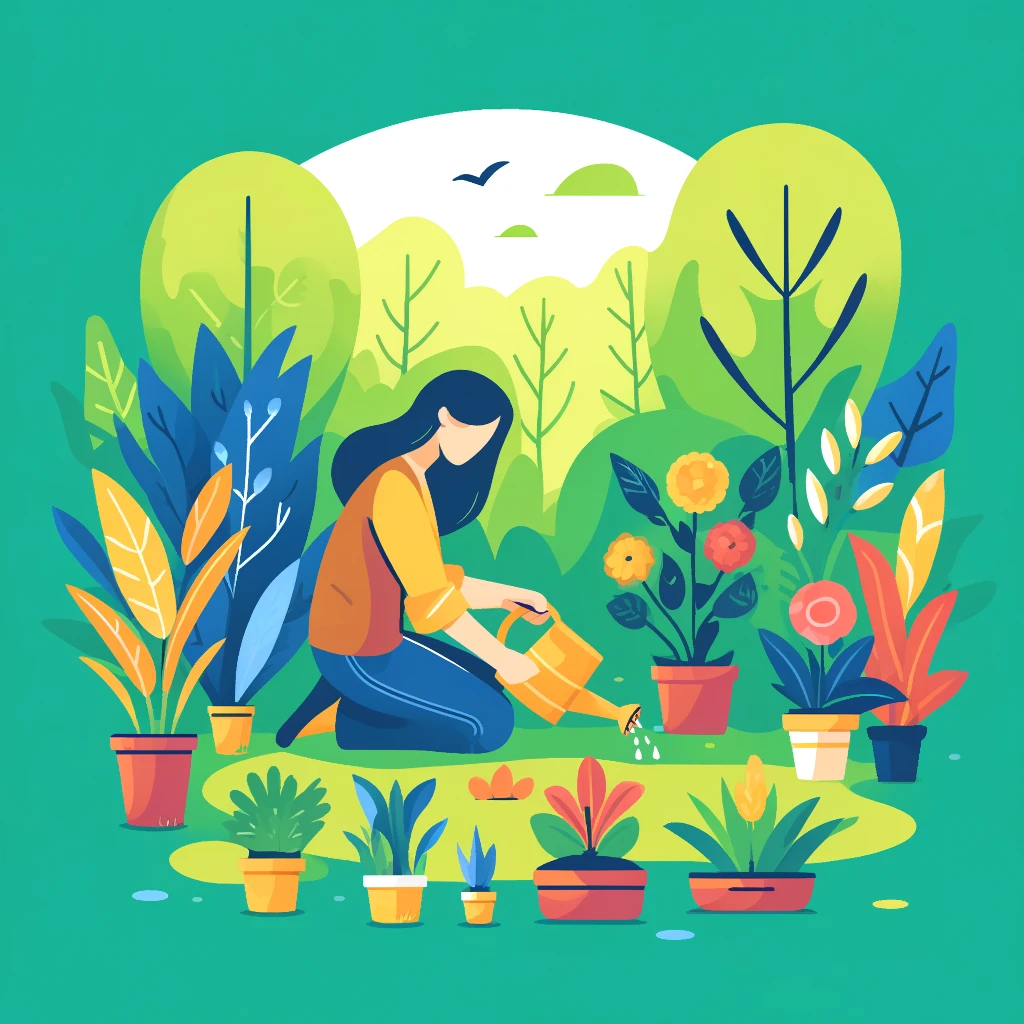
Cultivating Mindfulness: The Meditative Aspect of Gardening
Gardening unfolds as a quietly meditative practice, a sanctuary where mindfulness flourishes with each seed planted and each leaf tended. This connection to the earth and the life it sustains compels us to live in the present, focusing our attention on the simple, grounding tasks at hand. As we engage in gardening, the world’s noise fades, allowing us to immerse ourselves in the moment’s tactile and sensory experiences. This act of mindful attention—observing the soil’s texture, the fragrance of blooming flowers, and the gentle sound of rustling leaves—draws us into a state of peaceful reflection.
In the garden, time seems to slow, providing a unique space for contemplation and inner peace. The repetitive actions of digging, planting, and watering become rhythmic and meditative, echoing mindfulness practices that encourage a focused awareness of the here and now. This natural mindfulness can lead to a reduction in stress and anxiety, as the mind is allowed to settle and the body to sync with the calm and patience of nature’s pace. Gardening, in essence, becomes a form of moving meditation, where the act of caring for plants nurtures not only their growth but also our mental and emotional well-being, cultivating a garden of tranquility in both the earth and the mind.
Nurturing Growth: How Gardening Boosts Self-Esteem
Gardening is a potent cultivator of self-esteem, a process that nurtures not just plants but personal growth and confidence. As we sow seeds and watch them sprout and flourish under our care, we witness a tangible result of our efforts and dedication. This cycle of growth mirrors our own, where patience, persistence, and nurturing lead to flourishing. For children, the garden becomes a classroom of empowerment, teaching them responsibility and the joy of creation. They learn that their actions have a direct impact on the world around them, fostering a sense of accomplishment and pride.
Moreover, gardening tasks, with their clear objectives and tangible outcomes, provide immediate feedback and a sense of achievement. Overcoming gardening challenges, like pest invasions or unfavorable weather, further boosts our resilience and problem-solving skills. Each successful harvest or blooming flower is a reminder of our capabilities and a boost to our self-worth. Gardening, in its essence, is an affirmation of life’s potential for growth and renewal, reflecting back to us our role in nurturing that potential. It’s a powerful reminder that, with care and effort, we can cultivate beauty and sustenance, enhancing our self-esteem and our connection to the natural world.
Harvesting Happiness: The Joy of Gardening
Gardening is a source of immense joy, a natural antidepressant that brightens our days and lifts our spirits. There’s a unique happiness found in the rhythm of gardening tasks, from the anticipatory thrill of planting seeds to the satisfaction of a successful harvest. This joy is multi-faceted, encompassing the pride of growing your own food, the aesthetic pleasure of a blooming garden, and the deep contentment that comes from connecting with the earth. The garden is a place of discovery and wonder, where each new bud or sprouting seedling brings a sense of excitement and achievement.
Moreover, gardening offers an escape, a peaceful retreat from the hustle and bustle of everyday life. It provides a space for quiet reflection and relaxation, where the only demands are those of the plants in our care. The act of nurturing life, of being a caretaker of nature, fosters a profound connection to the world around us, grounding us in the present moment and reminding us of the simple pleasures life offers. Whether it’s the vibrancy of flowers in full bloom or the taste of freshly picked vegetables, gardening fills our lives with sensory delights, harvesting happiness in its purest form.

The Social Vine: Gardening as a Community Builder
Gardening weaves a social vine that extends far beyond individual plots, blossoming into a vibrant community builder. It transcends the boundaries of our backyards, creating spaces for connection, learning, and shared experiences. Community gardens, in particular, stand as testament to this, where individuals from diverse backgrounds come together, united by the common goal of cultivation. These communal spaces foster a sense of belonging and collective achievement, as gardeners exchange tips, seeds, and stories, enriching each other’s lives.
Moreover, gardening projects within neighborhoods or schools can bridge generations, encouraging collaboration between young and old. They provide a forum for passing down wisdom, traditions, and the joys of gardening, nurturing not only plants but also relationships. The act of gardening together cultivates a sense of camaraderie and support, essential components of a thriving community.
In today’s digital age, online gardening forums and social media platforms further extend this community, allowing gardeners to share successes, challenges, and inspiration with a global audience. Gardening, therefore, becomes a powerful conduit for social interaction, uniting people with nature and each other, growing vibrant communities rooted in the shared soil of passion and purpose.
The Root of Resilience: Gardening for Coping and Recovery
Gardening embodies the root of resilience, offering a nurturing ground for coping and recovery during life’s challenging times. Engaging with the earth, planting seeds, and tending to the growth of plants can be profoundly therapeutic, providing a sense of stability and hope amidst turmoil. The garden becomes a sanctuary of healing, where the cycles of nature—growth, decay, and rebirth—mirror our own experiences of loss, healing, and renewal. For individuals navigating the paths of personal adversity, illness, or grief, gardening offers a hands-on way to cultivate resilience, fostering a deep connection to the living world and its enduring cycles.
The repetitive, grounding tasks involved in gardening, such as weeding, watering, and harvesting, can serve as meditative practices, helping to center the mind and soothe emotional distress. Watching a garden recover and thrive, even after setbacks, can be an empowering metaphor for personal recovery, illustrating that growth and beauty can emerge from hardship. Gardening encourages us to take one day at a time, focusing on the small, manageable tasks in front of us, and gradually building our strength and resilience. It’s a testament to the healing power of nurturing life, offering comfort and solace in the simple act of caring for plants.
Green Therapy: Gardening’s Role in Formal Therapeutic Settings
Gardening has found its roots deeply embedded in formal therapeutic settings, evolving into what is widely recognized today as horticultural therapy. This innovative approach leverages the intrinsic healing properties of plant care to support individuals with mental health challenges, physical disabilities, or social isolation. Within these settings, gardening activities are tailored to achieve specific therapeutic goals, such as improving fine motor skills, enhancing emotional well-being, or fostering social interaction. The structured yet flexible nature of gardening allows participants to experience success and accomplishment, regardless of their skill level or physical capability.
Horticultural therapy sessions are often held in community gardens, rehabilitation centers, hospitals, and senior living facilities, providing a serene and stimulating environment for healing and growth. Through planting, nurturing, and harvesting, individuals engage in a process that promotes physical activity, encourages mindfulness, and stimulates sensory engagement. The beauty of horticultural therapy lies in its ability to meet people where they are, offering a personalized and holistic approach to recovery and well-being. It underscores gardening’s profound impact on human health, not just as a hobby but as a vital component of therapeutic practice, nurturing the body, mind, and spirit in a harmonious blend of nature and nurture.
Digging Deeper: The Long-Term Mental Health Benefits of Gardening
Delving into the soil of gardening reveals not just immediate satisfaction but also long-term mental health benefits that cultivate a deeper sense of well-being over time. Regular engagement with gardening can act as a preventive measure against mental health challenges, fostering a sustained improvement in mood and a decrease in symptoms of depression and anxiety. The physical activity involved in gardening promotes the release of endorphins, the body’s natural mood elevators, contributing to a happier and more balanced state of mind.
Furthermore, the continuity and routine that gardening provides can offer stability and a sense of predictability in one’s life, qualities often lacking in our fast-paced world. This connection to the natural cycles of growth and decay can also enhance our understanding of life’s ebbs and flows, fostering resilience and a more adaptive approach to coping with change and adversity.
For older adults, gardening can serve as a cognitive stimulant, helping to keep the mind sharp and focused while potentially slowing the progression of age-related cognitive decline. The long-term commitment to a garden—planning, anticipating, and observing the changes through seasons—can imbue life with a sense of purpose and fulfillment, anchoring us to the present and contributing to a richer, more contented life.
Conclusion
Gardening for mental health is not just about cultivating plants; it’s about cultivating a healthier, happier mind. The therapeutic benefits of gardening are manifold, offering stress relief, mindfulness, improved self-esteem, joy, social interaction, resilience, and long-term mental well-being. Whether as a solitary pursuit or a communal activity, gardening nourishes the soul as much as it does the body.
If you’re inspired to start your own therapeutic garden or looking for more ways to enhance your mental health through gardening, consider joining our community. Sign up for our newsletter to receive tips, stories, and insights that will help you grow your garden and your well-being. Together, let’s embrace the therapeutic power of gardening, creating spaces of serenity and joy that benefit both our mental health and the environment.


